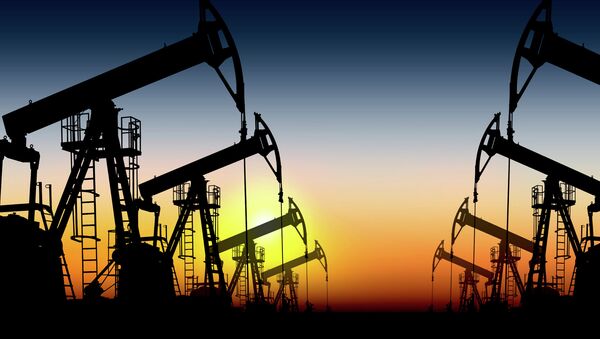"These new levels — high $30's — will certainly force some into bankruptcy now and drive a new wave of layoffs and rationalization of operations. Prices much lower down, say sub $30, will trigger a wave of re-organizations, debt defaults and bankruptcies," Moore said on Wednesday.
Moore claimed shale companies are going through "very troubling times," and in order for shale companies to stay operational, the price for crude oil should be above $50.
"Shale companies are very vulnerable, and many will not survive or will look a lot different as they adjust to the lower prices," he said. "The ones standing today were able to re-organize to work…But this latest drop will force the weaker companies out of business."
The vice president explained the current low oil prices will impact most the weaker companies already hit by "diminishing daily operational cash flow" as well as revaluing downwards their oil reserves value.
Moore believes there will be continued downsizing of shale companies in the United States, but they will not go away.
Beside, Moore underscored there is a deep awareness of the massive oil share potential in the United States.
"Our entire new oil production came from only producing about 5-10% of the identified oil in place. A lot more oil left to be produced. And there are thousands of new wells drilled and infrastructure, all that can be used to go after the remaining oil in the existing fields," he explained.
The US ban on the export of crude oil was introduced 40 years ago in response to the global oil supply shortage triggered by the Gulf states' oil embargo.
US oil production and consumption patterns have considerably changed since the 1970s, mostly due to the increased use of shale oil and gas that almost doubled US domestic oil production in the last 10 years.
Global oil prices have significantly dropped compared to summer 2014, falling from $100 to $43 per barrel for Brent crude, primarily a result of worldwide oversupply.
According to the International Energy Agency (IEA), global oil prices will fall further in 2016 in response to decreased demand.




